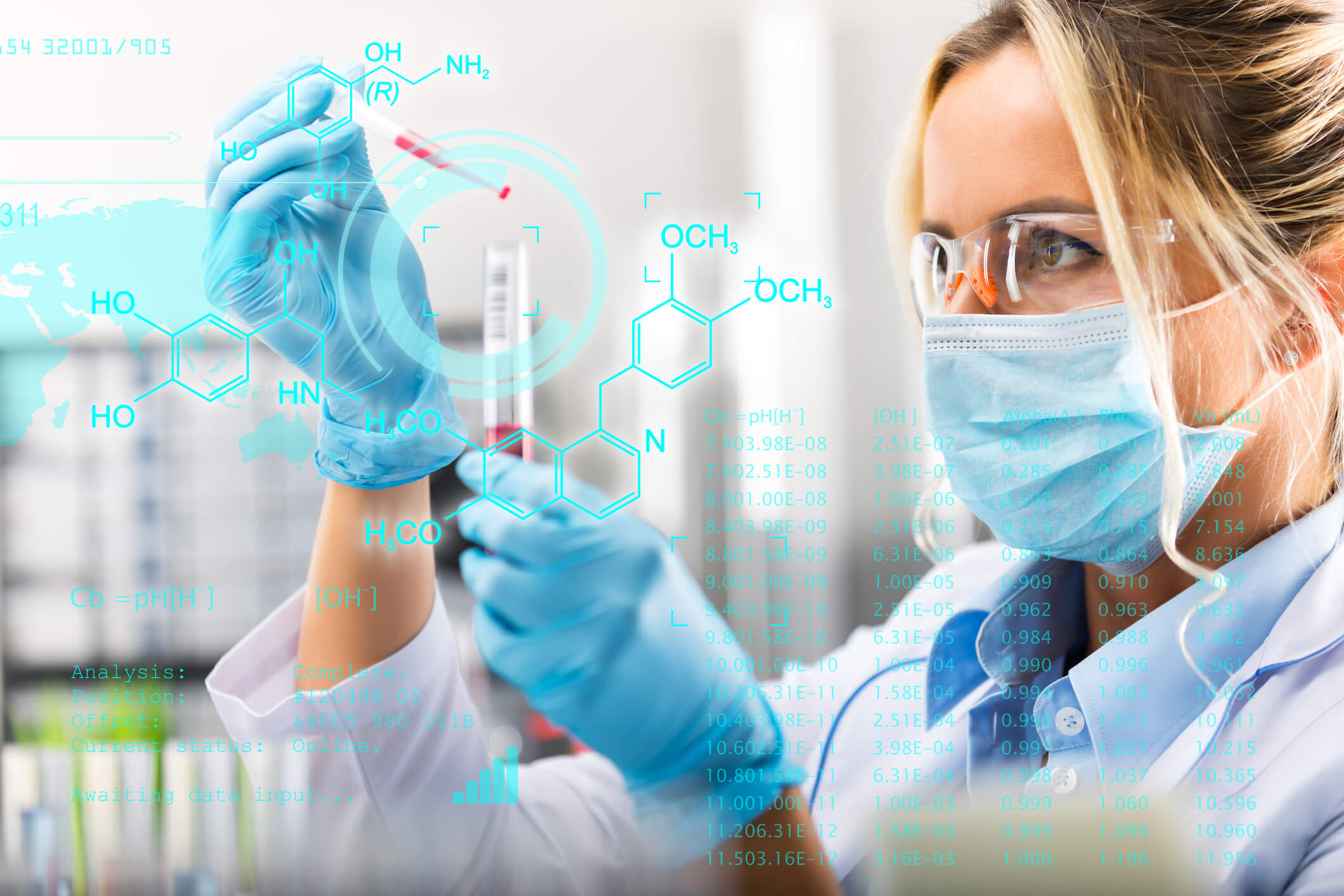Polymer Chemistry
Overall Course Objectives
The superior goals of the course is to make the students familiar with preparation methods for synthetic polymers including mechanisms, kinetics, modification of polymers by chemical reactions, and polymer degradation. Furthermore, the students should be able to evaluate properties of the synthesized polymers.
See course description in Danish
Learning Objectives
- Describe the most important processes in a radical polymerization (initiation, propagation, chain transfer, and termination)
- Perform kinetic calculations for radical polymerization both homo- and copolymerization
- Give an account of the differences between conventional radical polymerization and the controlled radical polymerization techniques, ATRP, NMP and RAFT polymerization
- Interpret amorphous and semi-crystalline polymers’ thermal transitions, glass transition and crystalline melting point, and relate these to the polymers’ structure and properties
- Distinguish between and be able to calculate different molecular weight distributions and their influence on polymerization kinetics, mechanism and properties of the polymers
- Identify necessary monomers and suitable, imperative polymerization techniques to produce selected polymers and to account for bio-based polymers
- Describe and discuss condensation and ring-opening polymerizations of polyesters, polamides, polurethanes, silicones and polyethers.
- Estimate the assumptions and possibilities for application of anionic, cationic, Ziegler-Natta, metallocene, and metathesis polymerization
- Discuss and evaluate approaches to crosslinking systems and discuss how such resins are used to prepare network polymers including their various applications.
- Predict the possibilities for preparation of functional polymers by reactions onto existing polymers including application of CuAAC and thiol-ene chemistry.
- Account for bio-based materials and discuss/perspectivate on the impact of introduction of these new types of materials, their application and potential recycling both from a resource as well as a sustainability point of view.
Course Content
Polymer reactions, including free radical (incl. controlled) and ion-initiated chain reactions as well as step-growth reactions, are thoroughly treated. Special emphasis will be given to understanding reaction parameters important in controlling the rate of polymerization, molecular weight distributions, and structural composition like branching, cross-links, and stereo-chemical aspects. The reaction mechanisms associated with the different polymerization reactions will be treated in detail.
In addition to this, also new types of bio-based materials will be discussed in terms of raw materials and substitution implications (recycling potential and sustainability).
Recommended prerequisites
Teaching Method
Lectures, problem solving, group work and visit to a company.






